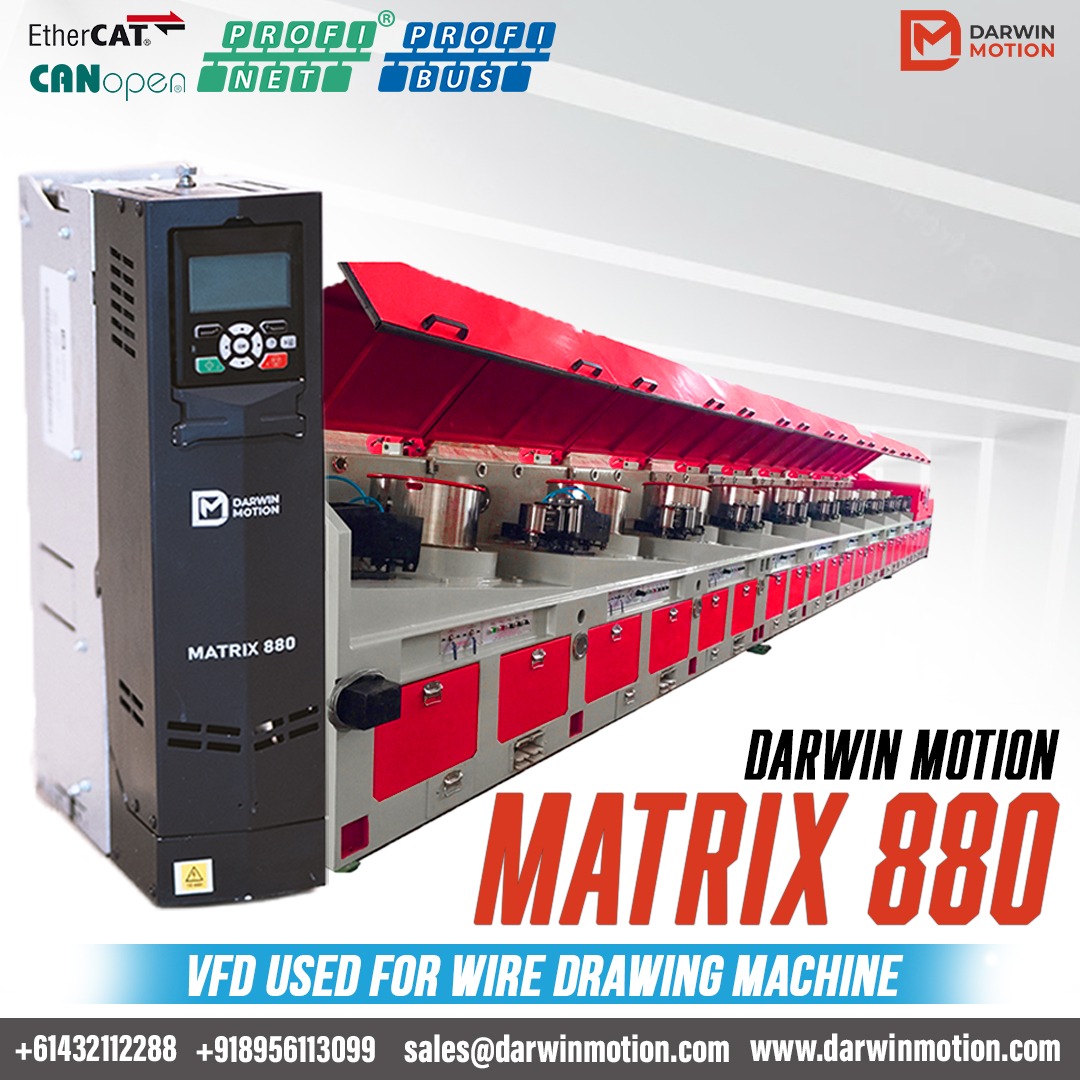Posted on 27th May 2024

In the ever-evolving landscape of the hospitality industry, the pursuit of efficiency, sustainability, and guest comfort remains paramount. One technological innovation that has been making significant strides in achieving these goals is the integration of Darwin Motion Variable Frequency Drives (VFDs) within hotel infrastructure. VFDs, also known as variable-speed drives or adjustable-frequency drives, are electronic devices used to control the speed of electric motors, thus offering a multitude of benefits when applied in various hotel systems.
Energy consumption constitutes a substantial portion of operational costs for hotels. From heating, ventilation, and air conditioning (HVAC) systems to water pumps and escalators, electric motors are ubiquitous in hotel infrastructure. VFDs optimize energy usage by precisely adjusting motor speed to match the required load, eliminating unnecessary energy expenditure associated with fixed-speed motors. This results in substantial energy savings, translating into reduced utility bills and lower environmental impact.
HVAC systems play a pivotal role in maintaining guest comfort and indoor air quality within hotels. VFD Drives integrated into HVAC systems allow for precise control over fan and compressor speeds, enabling more efficient operation based on real-time demand. By modulating airflow and refrigerant circulation according to occupancy levels and external conditions, VFDs ensure optimal thermal comfort while minimizing energy consumption. Additionally, the ability to gradually ramp up motor speed reduces wear and tear on HVAC components, extending their lifespan and reducing maintenance costs.
Guest satisfaction is paramount in the hospitality industry, and VFDs indirectly contribute to enhancing the overall guest experience. By maintaining consistent indoor temperatures, improving air quality, and reducing noise levels associated with HVAC systems, VFDs create a conducive environment for relaxation and productivity. Moreover, the cost savings achieved through energy efficiency measures can be reinvested into upgrading amenities, enhancing services, or offering competitive pricing, further elevating the value proposition for guests.
In an era increasingly defined by environmental awareness, sustainable practices have become a cornerstone of corporate responsibility initiatives. The integration of ac drive aligns with the sustainability objectives of hotels by reducing carbon footprint and resource consumption. By optimizing energy usage and minimizing waste, hotels demonstrate their commitment to environmental stewardship, appealing to eco-conscious travelers and meeting regulatory requirements for energy efficiency and greenhouse gas emissions.
While the benefits of VFDs in the hotel industry are substantial, successful implementation requires careful planning and execution. Hotels must conduct thorough energy audits to identify opportunities for VFD integration and prioritize investments based on potential energy savings and return on investment. Collaboration with experienced engineering firms or HVAC contractors is essential to ensure proper selection, installation, and commissioning of VFDs tailored to specific applications and load requirements.
Furthermore, employee training and ongoing maintenance are critical to maximizing the performance and longevity of VFD-equipped systems. Staff members should be educated on the operation and maintenance of VFDs to promptly address any issues and optimize system performance. Regular inspections and preventive maintenance schedules are essential to detect and mitigate potential problems before they escalate, ensuring uninterrupted operation and maximizing cost savings over the long term.
The integration of regenerative drive represents a paradigm shift in the way hotels manage energy consumption, enhance guest comfort, and embrace sustainable practices. By leveraging VFD technology in HVAC systems and other motor-driven applications, hotels can achieve significant energy savings, improve operational efficiency, and elevate the overall guest experience. As the hospitality industry continues to evolve, embracing innovative solutions like VFDs will be essential for staying competitive, reducing environmental impact, and meeting the evolving expectations of guests and stakeholders alike.